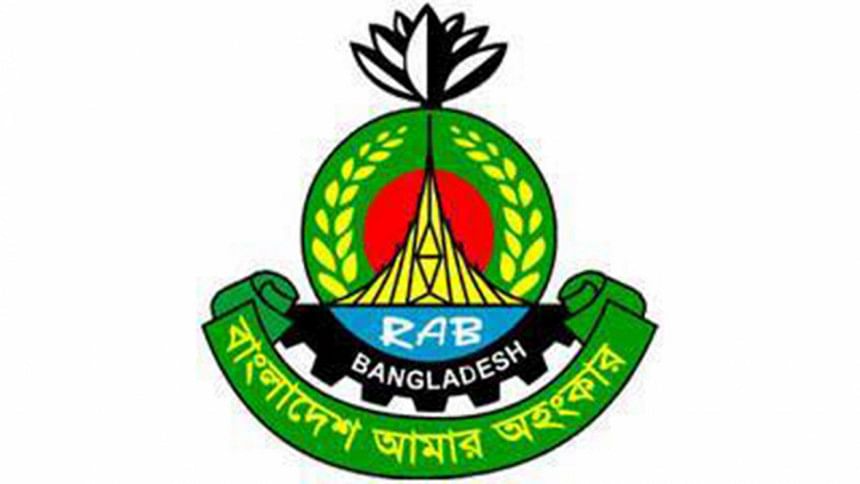US sanction on Rab members

The recent clamping of sanction by the government of the United States on some senior members of the Bangladesh law enforcement agency Rapid Action Battalion (Rab), on the issue of extrajudicial killings, has sparked predictable reactions among the official circle. As expected, it has immediately set the diplomatic apparatus in motion to mend the damage.
The Rab authorities, on their part, are putting forward their arguments that the agency works in line with the law of the land and the constitution of the country. The Rab chief has said that when the agency works, its activities are investigated by an executive magistrate. The law minister has denied outright that there have been extrajudicial killings in Bangladesh. Terming the US move "unfortunate," the minister said it was an "imaginary allegation" against Rab. Other ruling party top brasses believe that the sanctions are politically motivated and one-sided.
The issue of extrajudicial killings has been in discussion in the country and also in some international forums for many years. Every now and then, the news of arrestees or absconding men getting caught in the crossfire of police or Rab members appears in media headlines. Though the frequency of such incidents has decreased in recent months, it has not stopped for good. Only yesterday, an elderly man was reported dead in police custody in Satkhira within hours of his capture. While police said he had committed suicide inside the lock-up, his family members claim that the man was tortured to death.
The human rights watchdogs at home and abroad have been pressing the law enforcers to follow proper judicial procedures for trial and punishment after an arrest has been made, as the accused have the right to defend themselves.
Many powerful governments in the world consider human rights violation (particularly extrajudicial killings) by state agencies as a major offence, and condemn it in the strongest of words. There are international charters on how law enforcement agencies should act while performing their duties. There are also clear guidelines for the police and Rab as to how they would act and react while in pursuit of accused persons. But whether they are followed is the question. We have reported many instances of extrajudicial killing without the requisite response from authorities. Just denying them outright may serve a limited domestic purpose, but it is unlikely to make much difference in the international sphere.
As for the US sanction on Rab, this needs to be said that Bangladesh and the US are two friendly countries enjoying trade and commerce relations to their mutual benefits for decades. Therefore, instead of going into a denial mode right away, let's endeavour with utmost sincerity to find out why the US has imposed the sanctions on Rab. We believe that proper diplomatic engagement with the US will help us get to the bottom of the reasons for the sanctions on senior Rab members.

 For all latest news, follow The Daily Star's Google News channel.
For all latest news, follow The Daily Star's Google News channel. 



Comments